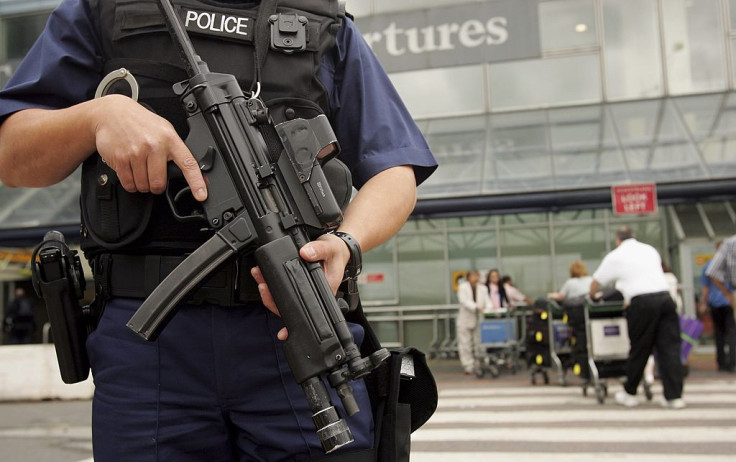British public providing 'thousands' of leads to help foil terror attacks
With the risk of a terror attack classed as 'severe', 'even more public assistance' is needed.

Thousands of pieces of information are being shared with police by members of the public daily to help foil terror attacks in the UK, Britain's most senior counter-terrorism police officer has said. Assistant Commissioner Mark Rowley told BBC Radio 4's Today Programme that cooperation between the police and public was the "greatest advantage" in fighting terror attacks.
With the risk of a terror attack classed as "severe" since 2014, "even more public assistance" was needed, said Rowley. It is the second-highest of Britain's five threat levels, indicating that an attack is 'highly likely'.
It comes after a series of terror attacks in Europe linked with Islamic State (Isis), including last week's attack on a church in Normandy, France, by two teenagers who murdered a priest and critically injured a parishioner before being shot dead.
Police have not ruled out terrorism as a motive in a botched attempt by two men to kidnap an RAF serviceman outside RAF Marham on 20 July. On Sunday, Metropolitan Police Commissioner Sir Bernard Hogan-Howe said that a terror attack in the UK is a matter of "when, not if."
Rowley said that the British public make 3,600 contributions in the fight against terrorism every day, with members of the public reporting incidents ranging from people behaving suspiciously in public, to friends and neighbours they believed were at risk of violent radicalisation.
He said it was important that police were able to intervene before people's beliefs became too extreme, and about 60 to 70 cases a month were being resolved. About a sixth of these cases were referred to police by the public, he said.
He replied in the affirmative when asked if some leads were helping to prevent people being murdered in terror attacks. He added: "We are drawing people back from a path towards extremism through partnership activity. Even if you take a view that 90% of those people may have self-treated or not gone on to become terrorists, that is still a massive effect."
A recent Europol report found that more terror attacks were planned or carried out in the UK than in any other European Union country, with the majority believed to be linked with Northern Irish terrorism.
© Copyright IBTimes 2025. All rights reserved.




















